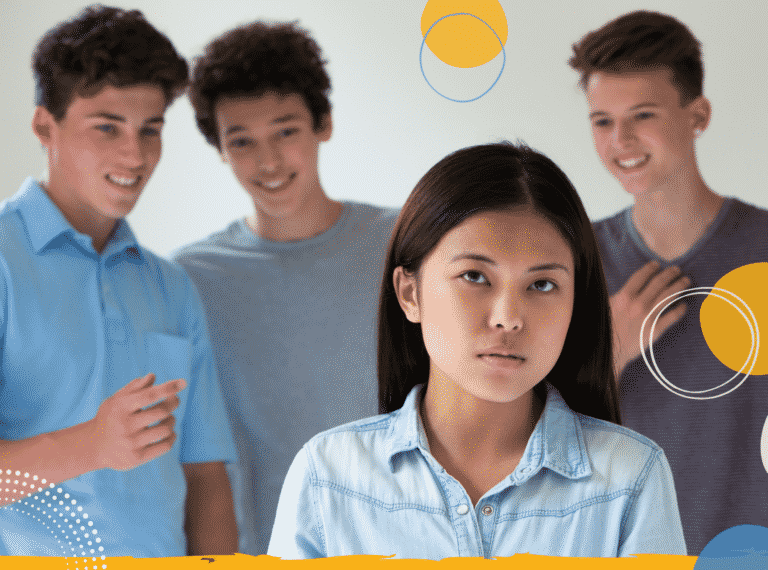Talking to teenagers about porn
You might not want to hear this. If you have a child aged 11-16 years, it is highly likely they have already viewed pornography online. The majority of that age group have watched porn. Almost all of them saw it before their 14th birthday. We’re not talking about soft-focus, women in provocative lingerie poses. It’s likely to have been graphic and possibly aggressive. Talking to teenagers about porn might be awkward, but it is essential for their wellbeing that parents do it.
The average age that boys first see porn is 11 years old. And with children spending more and more time unsupervised online, that’s getting younger each year. Many 8-year-olds report having seen explicit imagery online (accidentally or otherwise). Children can be shocked and confused by what they see but often won’t tell an adult about it for fear of reprisals.
In the face of patchy sex education provision, many teens turn to porn to learn about sex and explore their sexuality. Problems can arise if they think what they are seeing online is realistic or that they should be copying that behaviour. Pornography gives a very distorted view of sex, bodies and relationships and often depicts apparently non-consensual or aggressive acts. Parents talking to teenagers about porn can help them put it in perspective.
How to start a conversation about porn
Communicating with teenagers is all about picking your moment. It’s best to talk when your teen is relaxed and there is no conflict. The indirect method is often best. You could try taking a curious (rather than accusatory) approach. “I read this article the other day that said the average age boys first see porn online is eleven. I was really surprised by that. Does that seem right to you? Did your friends see it that young?” Be conversational, don’t preach. “That really worries me because lots of porn is really violent and it’s nothing like real life. Do boys think they should copy what they see in porn?”
You’ll find more ideas in this wonderful book How to talk with your kids about porn.
Key messages to give your teenager about porn
- Porn is not a realistic depiction of real sex or real relationships.
- Lots of sexual acts that are common in porn are uncommon in real life.
- Don’t feel pressurised to imitate what you seen in pornography.
- Consent is essential. You always have the right to say No. It is illegal to make anyone engage in a sexual act against their will (see Teaching boys about consent)
- Porn stars’ bodies do not represent real bodies. Often, they have had surgery to look that way.
- It is illegal to show porn to someone under 18. You should always tell someone if an adult tries to show you porn.
Keep talking
Talking to teenagers about porn is much easier if you are in the habit of talking about sex, bodies and relationships in general. Try not to have topics that are off limits – this really is a subject that you would rather they asked you about than asked Google (whatever their age)! However, you could signpost them to some reliable resources too so they can get accurate information on any issues that worry them.
And, if any children in your house are stumbling upon inappropriate images, you might also want to revisit your internet safety mechanisms.
| Want more details? Watch our 10-minute video on Talking to teens about difficult topics. |
*This post contains affiliate links.





